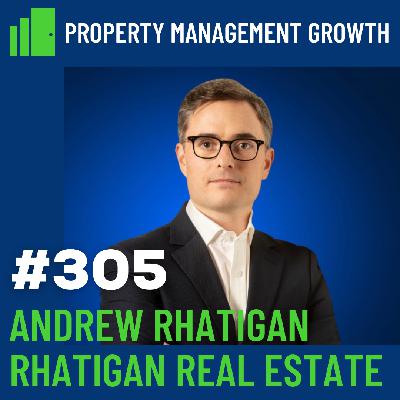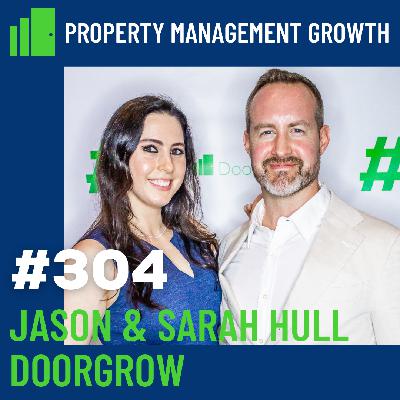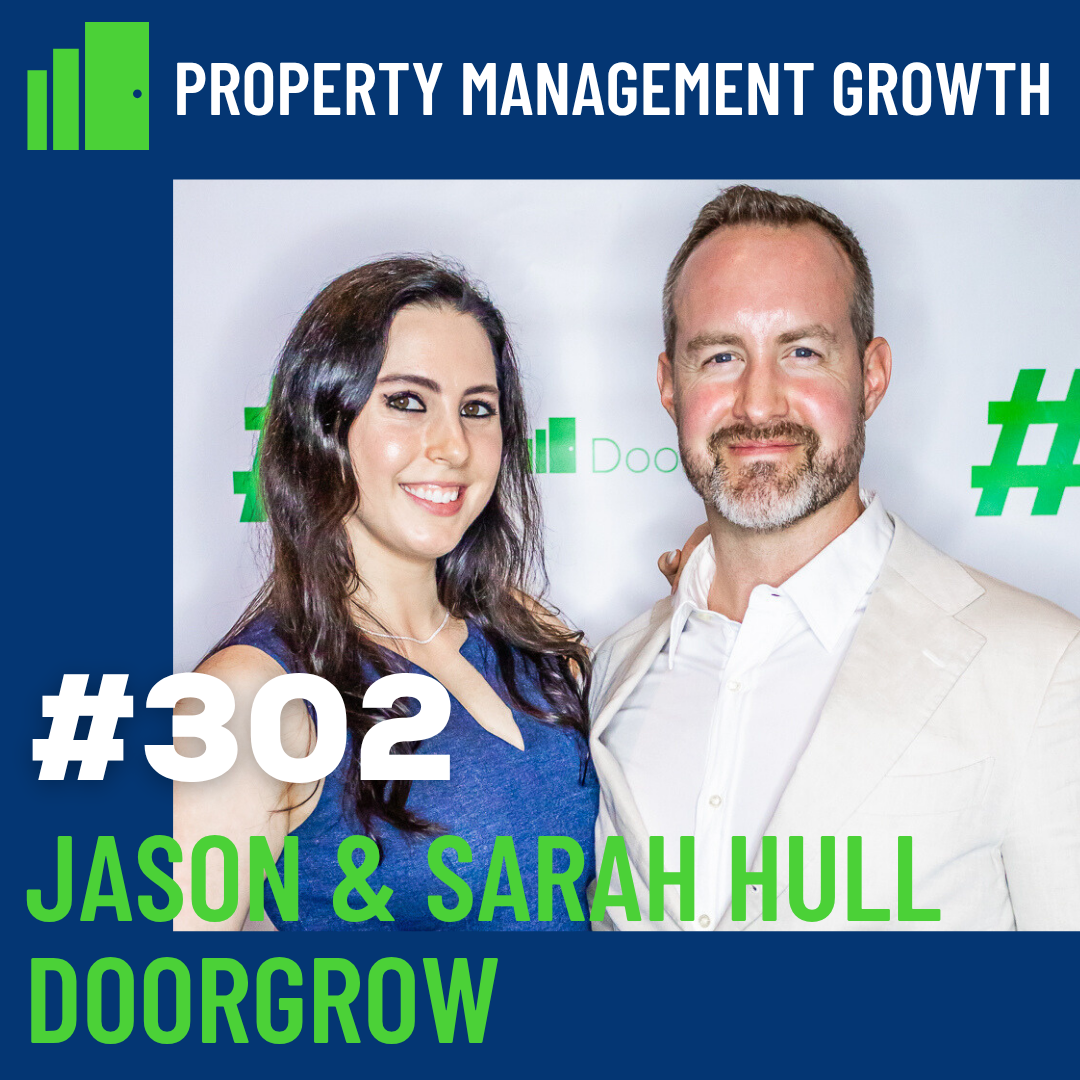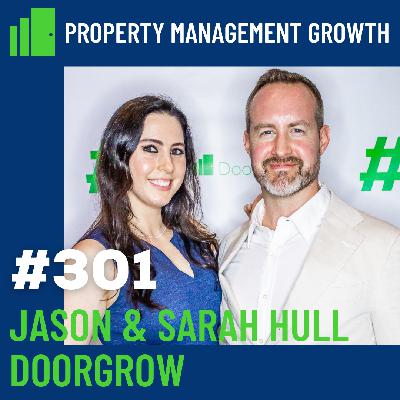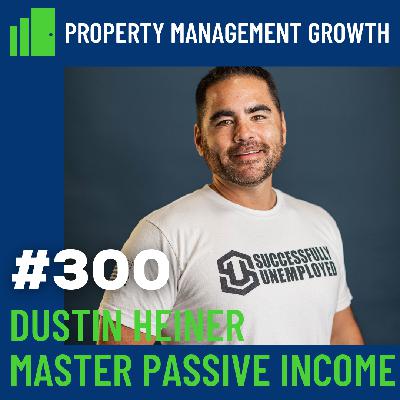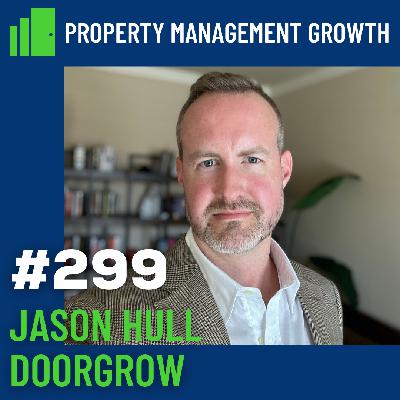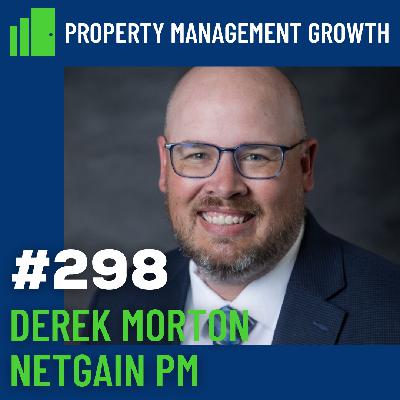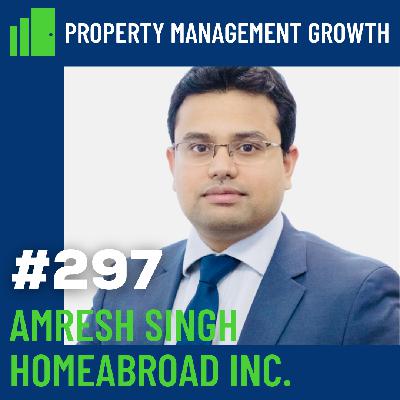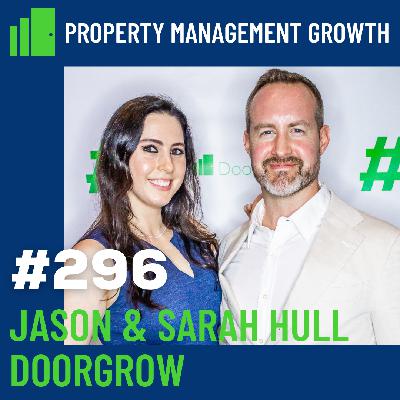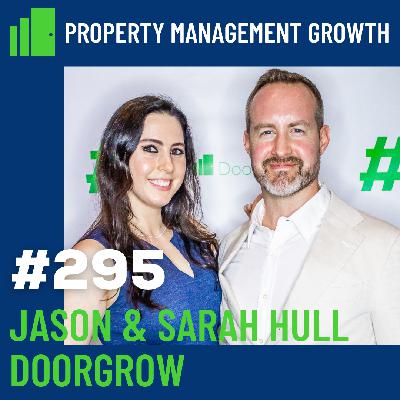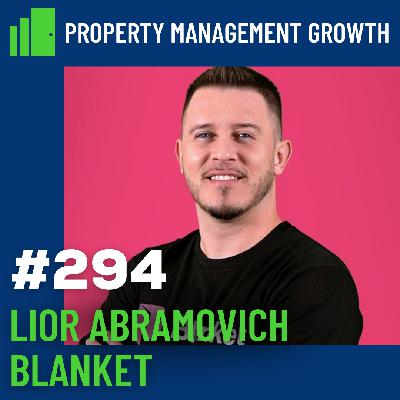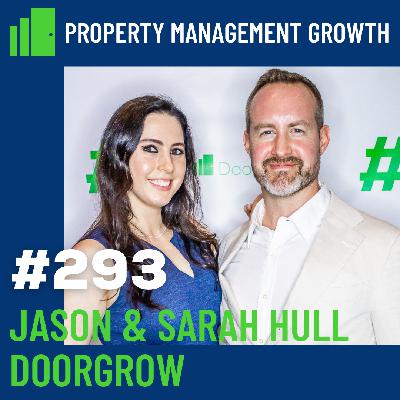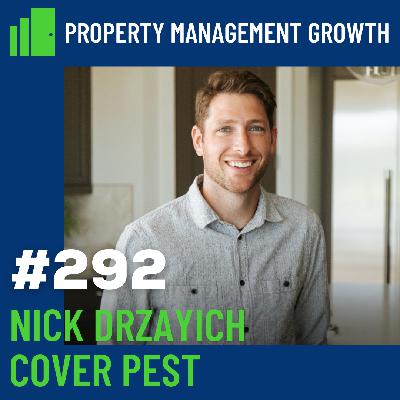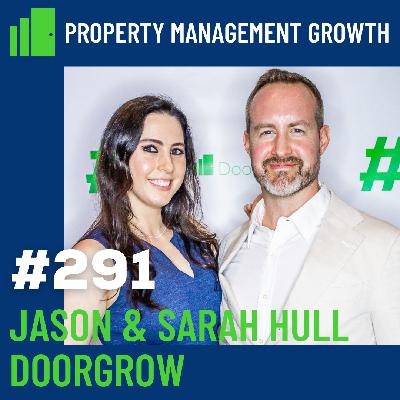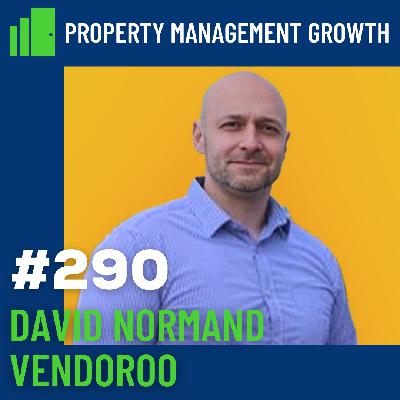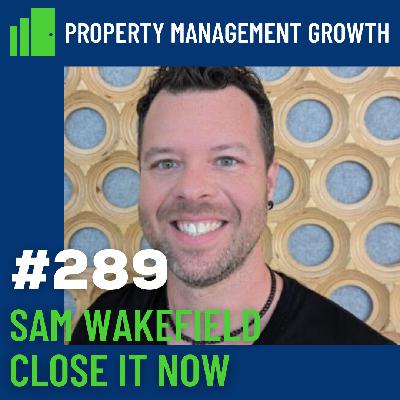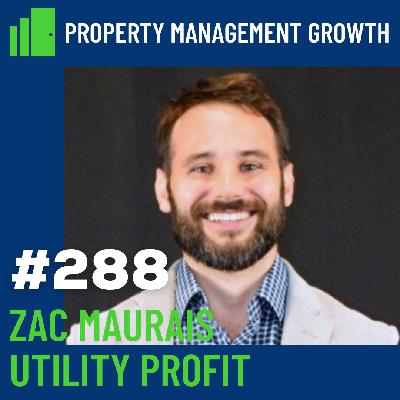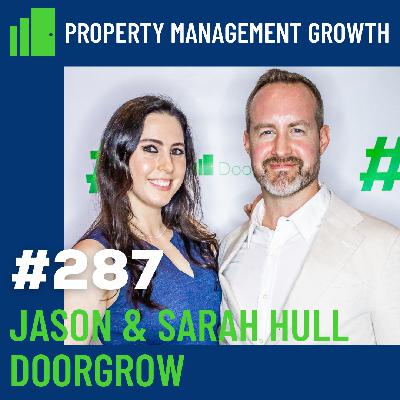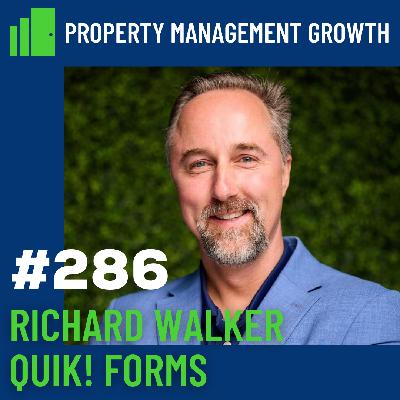DGS 254: Unlock Your Portfolio Potential: Non-QM Strategies for Real Estate Investors
Description
As property managers you likely know a little bit about mortgages. But do you know about non-QM loan strategies and how your clients and investors can utilize them?
In this episode of the #DoorGrowShow, property management growth experts Jason and Sarah Hull sit down with Matt from Nexa Mortgage to talk about using non-QM strategies to unlock your portfolio’s potential.
You’ll Learn
[05:46 ] QM loans VS non-QM loans
[16:14 ] Why Jason and Sarah went with non-QM
[22:07 ] Which one should you choose?
[26:46 ] Why should property managers know this?
[32:23 ] What about long-term rentals
Tweetables
“If you have a great manager, it makes sense to get as many properties as you possibly can, knowing that they are in good hands and they are being taken care of because all you're doing is printing money.”
“If you have a way that you can help your investor clients get what they want, which is more deals, it's a win.”
“If you are a property manager, you should also be an investor in real estate.”
“It's great to manage properties and let's do that and build wealth ourselves.”
Resources
Transcript
[00:00:00 ] Sarah: He said, "I am not joking. I had to submit over 100 documents to the company in order to just see if I'm qualified to get this additional loan. And he's like, I just feel like there has to be an easier way." And there is, but sometimes people don't know about that.
[00:00:20 ] Jason: Welcome DoorGrow property managers to the DoorGrow show. If you are a property management entrepreneur that wants to add doors, make a difference, increase revenue, help others, impact lives, and you are interested in growing in business and life, and you're open to doing things a bit differently, then you are a DoorGrow property manager.
[00:00:39 ] DoorGrow property managers love the opportunities, daily variety, unique challenges, and freedom that property management brings. Many in real estate think you're crazy for doing it. You think they're crazy for not because you realize that property management is the ultimate high trust gateway to real estate deals, relationships, and residual income. At DoorGrow we are on a mission to transform property management business owners and their businesses. We want to transform the industry, eliminate the BS, build awareness, change perception, expand the market, and help the best property management entrepreneurs win. We're your hosts, property management, growth experts, Jason and Sarah Hull, the CEO and COO of DoorGrow. Now let's get into the show.
[00:01:23 ] All right. And today we're hanging out with Matt Dean of Nexa Mortgage, and we're going to have an interesting conversation about financing and loans and I don't know, and some other stuff, but Matt welcome to the show.
[00:01:36 ] Matthew: Good morning.
[00:01:37 ] Good morning. Thanks for having me.
[00:01:38 ] Jason: It's good to have you. So give us a little bit of background of how you got into the whole real estate industry and give people a little bit of background on you.
[00:01:49 ] Matthew: Sure. So, after I graduated from college, which I went to college in Missouri, I ended up moving to Austin, Texas, and one of the first jobs I got was with a commercial finance company and that landed me in Lakeway, which is where I reside now, and have been for over 15 years. But the commercial finance company that I worked with was was a fairly new company that came in from California. The owners Had a mortgage background and had gotten into this commercial finance division.
[00:02:15 ] They had sold off a couple of mortgage companies opened up this division and Lakeway. They were also land developers and commercial finance guys. So they saw a lot of opportunity out here and opened up this company. So anyway, I got in on the ground floor. They were relocating the company here and had a couple year run with that.
[00:02:31 ] And then in early 2000, the .Com kind of came in and blew up that whole industry. So what we were doing was commercial finance, equipment finance really, and at the time it was a lot of computer equipment and I was working with a lot of Dell sales reps that were taking over some of their overflow that Dell didn't want to finance.
[00:02:49 ] So, when all that happened, and it blew up the owners who had the mortgage background really saw that "hey, we're going to see a refinance run here. The market's going to crash rates are going to come down. There's going to be a run." And so they immediately just flip. They had a mortgage company here, but it wasn't early. It was dormant. Yeah. And they flipped it open and and just started building that company out. And so that's ultimately how I got into the mortgage business. And, right after that, we had this really big refinance run. We grew that company very quickly to about 35 employees where we were doing 300 to 400 loans a month with a fairly small company.
[00:03:27 ] And that just, jump straight in and learn the business. And so then in about 2007 ish, 2006 ish, I really got exposed to the investment world, so to speak. I got partnered up with a real estate brokerage here in Austin that focused on investment properties and primarily what they were focusing on was duplexes.
[00:03:47 ] And so that year in 2006, I believe it closed 152 duplex transactions, and it was mainly California investors coming into Austin. And it really just changed my whole perspective of the mortgage industry as opposed to first time buyers or veterans, which I enjoy working with all those folks, but the commercial or the investment world, it's a different animal in that it's less emotion and more about business. And so I really just gravitated more to working with investors, started buying properties myself managed a few properties myself and then, evolved from there. But I worked with that same group and Lakeway for about 12 years and then moved around a couple of places and work for a builder and and a couple other companies.
[00:04:29 ] But anyway, that's how I got in it, got started.
[00:04:31 ] Jason: Yeah, so you've seen it from a few different angles than the whole real estate investment industry, sounds like.
[00:04:37 ] Matthew: Yeah, I've been through a few of these cycles of ups and downs. Obviously the refinance run early on was, really interesting, but a lot of good, easy money on the table, so to speak, but then we had the crash, which was a very difficult time for a couple of years, although, Austin weathered that storm pretty well relative to a lot of other areas of the country.
[00:04:56 ] So, even though our volumes were down, our real estate didn't see as big of an equity loss and the job market here in Austin's always been really strong. So, it pulled us back out of it fairly quickly. We're in a situation now where rates are high and property values have gone up.
[00:05:11 ] And it's a challenge for some folks here to purchase. A lot of folks are just priced out of the market and can't afford it. And property taxes aren't helping that situation.
[00:05:19 ] Jason: Yeah,
[00:05:20 ] Sarah: It's so pricey here. So pricey.
[00:05:22 ] Matthew: But we're starting to see a little bit of pull back on the values and the houses. It's a little bit more of a buyer's market now, but it still needs to come down a little bit, I think in my opinion, it's to balance the market again.
[00:05:34 ] Jason: Interesting. So the topic today is unlock your portfolio potential, non QM strategies for real estate investors. And for those that don't know what QM is, which I don't. So educate me. What's QM?
[00:05:47 ] Sarah: So I handled all of this stuff and Jason got to the closing table and he's like, "I'm an owner in the LLC, right?"
[00:05:54 ] Matthew: It's like, yeah, I barely talked to you along the way, but anyway, yeah, so let's talk a little bit about QM and how that all started. So, after the real estate crash in the 2006, 2007, eight ish area the CFPB was formed a consumer finance protection bureau, which took over the regulation with the mortgage industry.
[00:06:12 ] It took them a few years, but in 2014 they implemented what was called TRID, which you may have heard that word, but it was where we got rid of the good faith estimate and integrated the new loan estimate and closing disclosure took over. And at that same point in time, the regulations came out and then classified conventional loans or reclassified them as qualified mortgages.
[00:06:35 ] What that means really is the CFPB was trying to put protections in place to protect consumers and also strengthen guidelines to make sure that people or buyers had the ability to repay. So what that really meant was additional restrictions on ability to repay, debt ratio requirements, reserve assets, et cetera.
<p dir="lt

